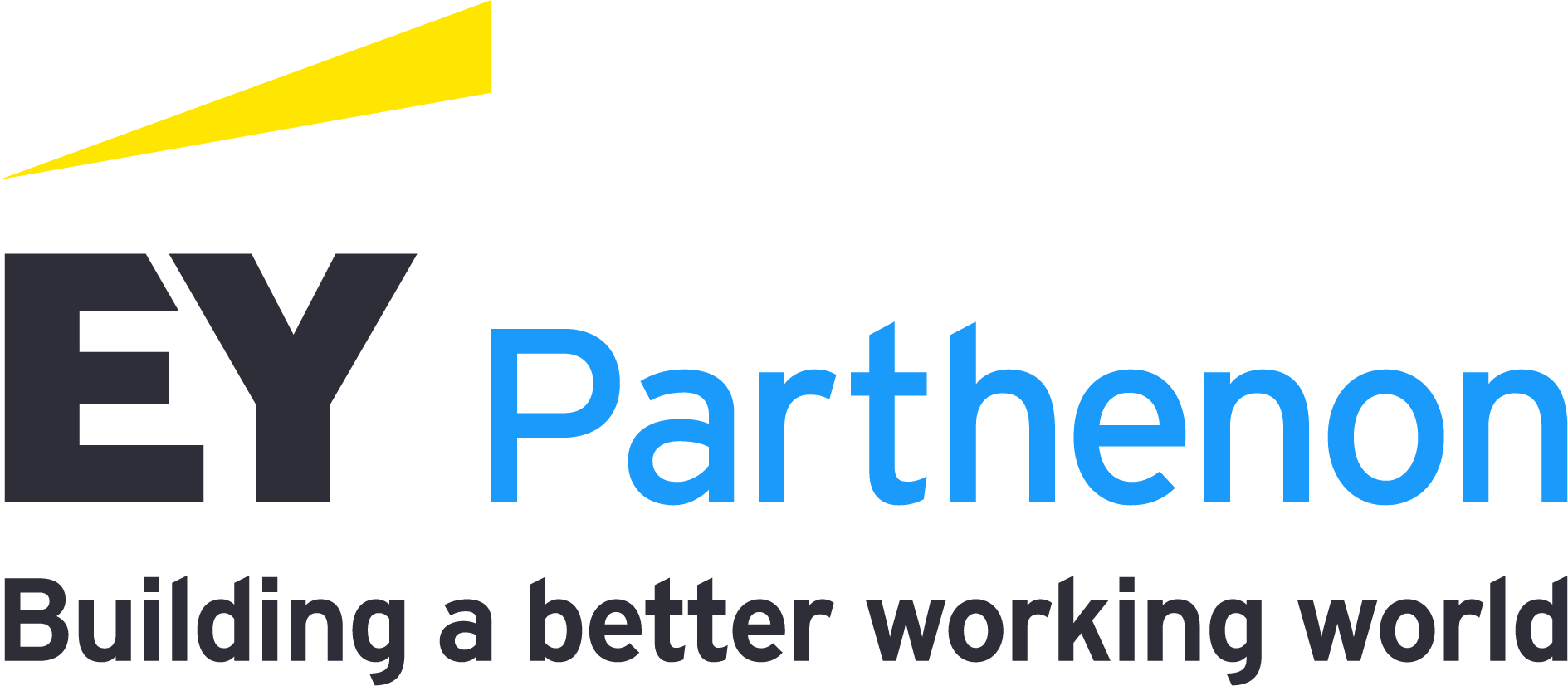In the fast-paced world of Software as a Service (SaaS) companies, skyrocketing cloud hosting costs have become a major concern. Over the past decade, many businesses have moved their workloads to the cloud to capitalize on its advantages, such as elasticity, scalability and global deployment capabilities. However, this shift has come with a hefty price tag, exacerbated by the increasing demand for innovation and the need to deliver innovative technologies, like Machine Learning (ML) and Artificial Intelligence (AI).
The financial strain
For a typical SaaS company, cloud hosting costs usually account for 6%-12% of SaaS revenue and constitute a sizable portion of their cost of goods sold (COGS)¹. To ensure financial sustainability and continued growth in this competitive market, addressing and optimizing cloud expenses have become critical priorities for SaaS companies.
Taking control of cloud hosting costs: challenges and solutions
Cloud cost management is a multifaceted challenge for SaaS companies, demanding a broad and in-depth understanding of the factors driving these costs. From the deployment architecture to the culture among engineering teams, from pricing strategies to the choice of technologies, every facet contributes to the overall cloud expenses. To confront these challenges head-on, software leaders can take six immediate actions, including:







